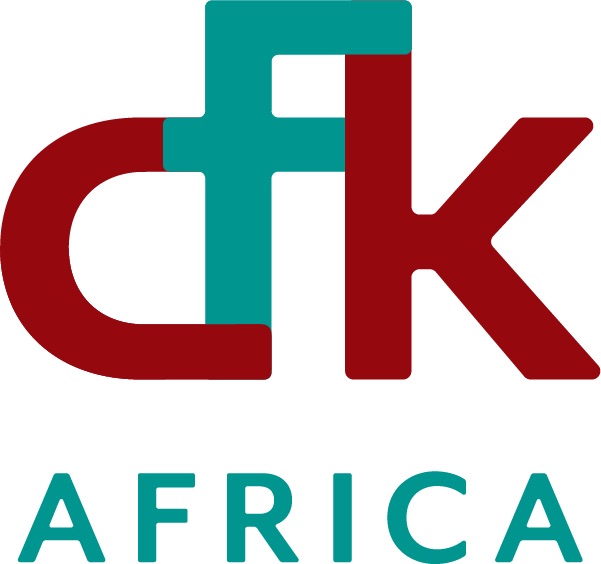Written by Selah Bekele-Piper, CFK Africa 2022 Peacock Fellow and undergraduate student in Human Development and Family Studies at the University of North Carolina, Chapel Hill.
“I am studying medicine because oftentimes people with heart disease or cancer will leave the country for treatment. I want Kenyans to be able to stay in Kenya to access quality healthcare.”
These words (though paraphrased) were spoken by Charo Adam Juma, a Form 1 (Grade 9 equivalent) student at Nakuru Boys High School and beneficiary of the CFK Africa scholarship for secondary school. We visited Charo at school in Nakuru, and his words struck me deeply, resonating with my own ethos of sustainable development and the power of local leadership.
My name is Selah Bekele-Piper, and I am one of the recipients of the CFK Africa summer Peacock Fellowship for 2022. I am Ethiopian-American originally, but I spent a significant amount of my childhood growing up in Nairobi, Kenya. As a rising junior at the University of North Carolina at Chapel Hill, I am majoring in Human Development and Family Studies in the School of Education, and minoring in African Studies and French. This fellowship has provided me the opportunity to put the theory of sustainable education development into practice and to give back in a meaningful way to a country that has blessed me beyond measure. As Charo remarks, Kenyans should be the conduits of development in their own country; it is simply a matter of harnessing the assets that already exist within communities and individuals.

Championing Community-led Solutions
Growing up in Kenya, largely within the expatriate community, I have witnessed a lot of development work led by Americans, Europeans, and other foreigners (or muzungus in Swahili). These were people who were certainly well-meaning, but sometimes aloof. I watched as organizations who claimed to empower marginalized communities missed opportunities to collaborate with the people who know the context best, the experts on the underlying reasons behind challenges: the residents themselves.
My time with CFK thus far has shown me something different. Not only is the team entirely Kenyan, but many staff members were raised in and/or still live in the communities we target. CFK has a clear ethos of listening to the lived realities, needs, and strengths of people and learning from them. As Charo emphasized and CFK promotes, the solutions to community challenges lie within the communities themselves, and local residents are the most important champions for change.
I began my time on the ground in Kenya tasked to take the lead in the ideation and project design of a youth learning program that would train secondary school graduates to work with early primary students in a catch-up program that strengthens foundational literacy and numeracy skills. The program would see alumni of CFK’s scholarship program, like Charo, tutor children using research-based techniques to assess and build capacities.
Learning to Listen
The first step the education team advised me to take on the ground was simply to listen, to arrange meetings with community stakeholders and those who are experts on educational and communal realities such as principals, teachers, field officers, local NGOs, and other community leaders. We traveled within informal settlements in Nairobi, including Kibera and Mathare, but also ventured to neighboring counties such as Kiambu, Machakos, and Nakuru to get the input of important stakeholders whose thoughts and experience would help to contextualize secondary research and directly inform the structure of the catch-up program.
I am so honored to have the chance to embark on local learning and assist in designing the pilot stage of the youth learning program. I believe it emphasizes exactly the sentiments that Charo expressed. It channels the skills of bright young Kenyans who grew up in informal settlements, enabling them to reinvest in their own communities by promoting learning among the next generation of students. These secondary school graduates will hopefully build academic skills, but even more so serve as mentors and living examples of success stories that young children can relate to. This program does not see foreigners or the elite working with students but rather establishes a formidable resource of brilliant young people from informal settlements. I certainly think that Charo would be pleased if he were to see this youth learning program in action.
